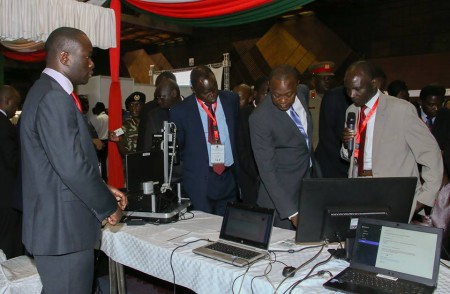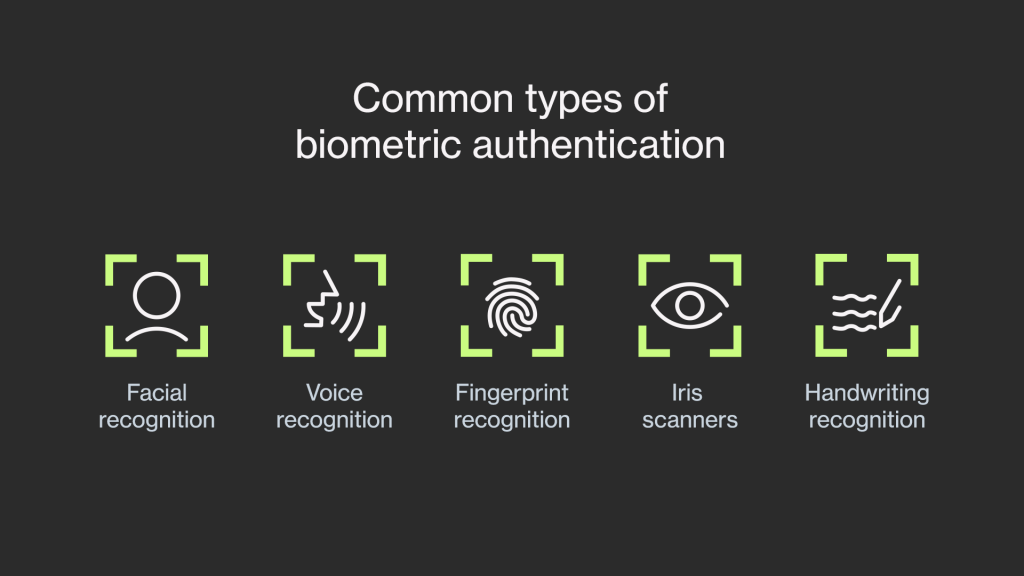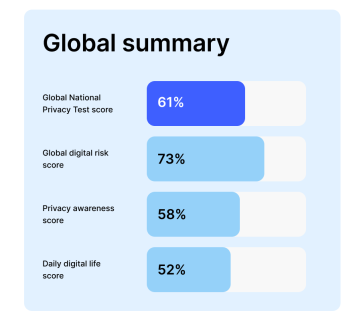Kenya has officially unveiled an Integrated Population Registration System (IPRS) that will see all personal data of the country’s citizens linked to one computer in the hope to achieve a more efficient and easy way for government institutions and some private sectors to access information when offering services.
The new system was launched by Kenya’s President Kenyatta and has been built to integrate all data from a pool of registries across the country that include ID cards, passports, aliens, births and deaths, marriages and divorces as well as citizenships, information which will now be visible at one click.
This means that institutions requiring personal information about an individual, such as the Lands registry, NSSF, NHIF, KRA, Immigrations, NTSA, Universities and Financial agencies among others, will not be required to liaise with other agencies to get these details as they will now be made available to them in real time.
Currently being used by some of the agencies in the country that took up the pilot program during the one year test period whose success resulted to yesterday’s (March 12, 2015) launch, the system has entered data for over 16 million citizens and 200,000 refugees, with plans underway to put up the rest in six months’ time.
Some of the institutions liked to the Nairobi county government for its mobile wallet for payment services and the Kenya Commercial Bank with its latest development involving M-Pesa services and with plans to link the National Treasury for its mobile direct payment system.
“The interconnectivity and mobility of people has brought vast opportunity,” said President Kenyatta. Investors and entrepreneurs can transact and collaborate across the world, exchanging large volumes of information and money on different platforms.”
He added that in light of this, there is need for Kenya as a country to know how many people are served, who they are, what their needs and aspirations are, know about new citizens as soon as they are born as well as know those who leave the country by registering when and why.
Through the system that hopes to eliminate the tackiness of having to flip through pages of manual data or access information from one agency to another, individual data will be centralized and incorporated in one file that will have a personal identification number attached to it. The unique number is what will be used across registers.
With further commitment to encourage government institutions to digitize operations, the president has also directed that all government agencies must adopt the e-procurement system in handling tender applications in one week’s time. The system is hoped to reduce corruption.





